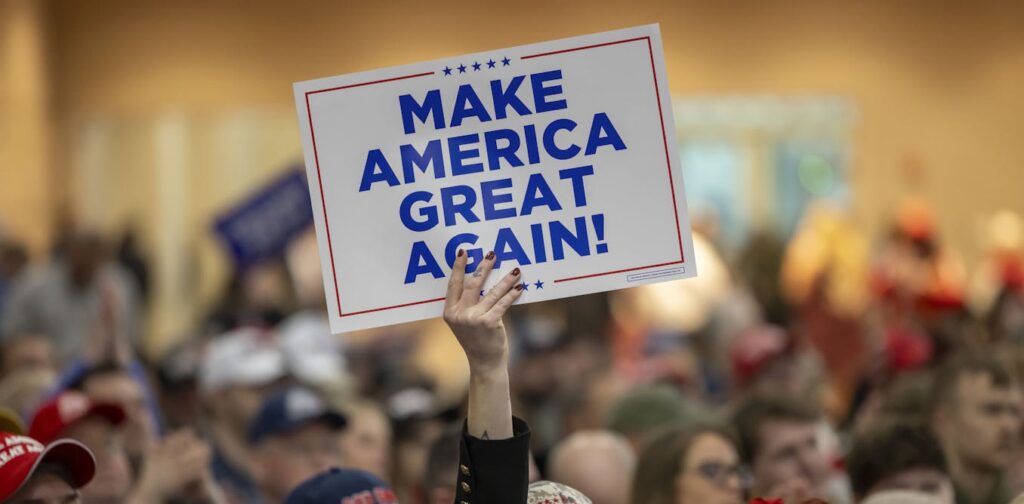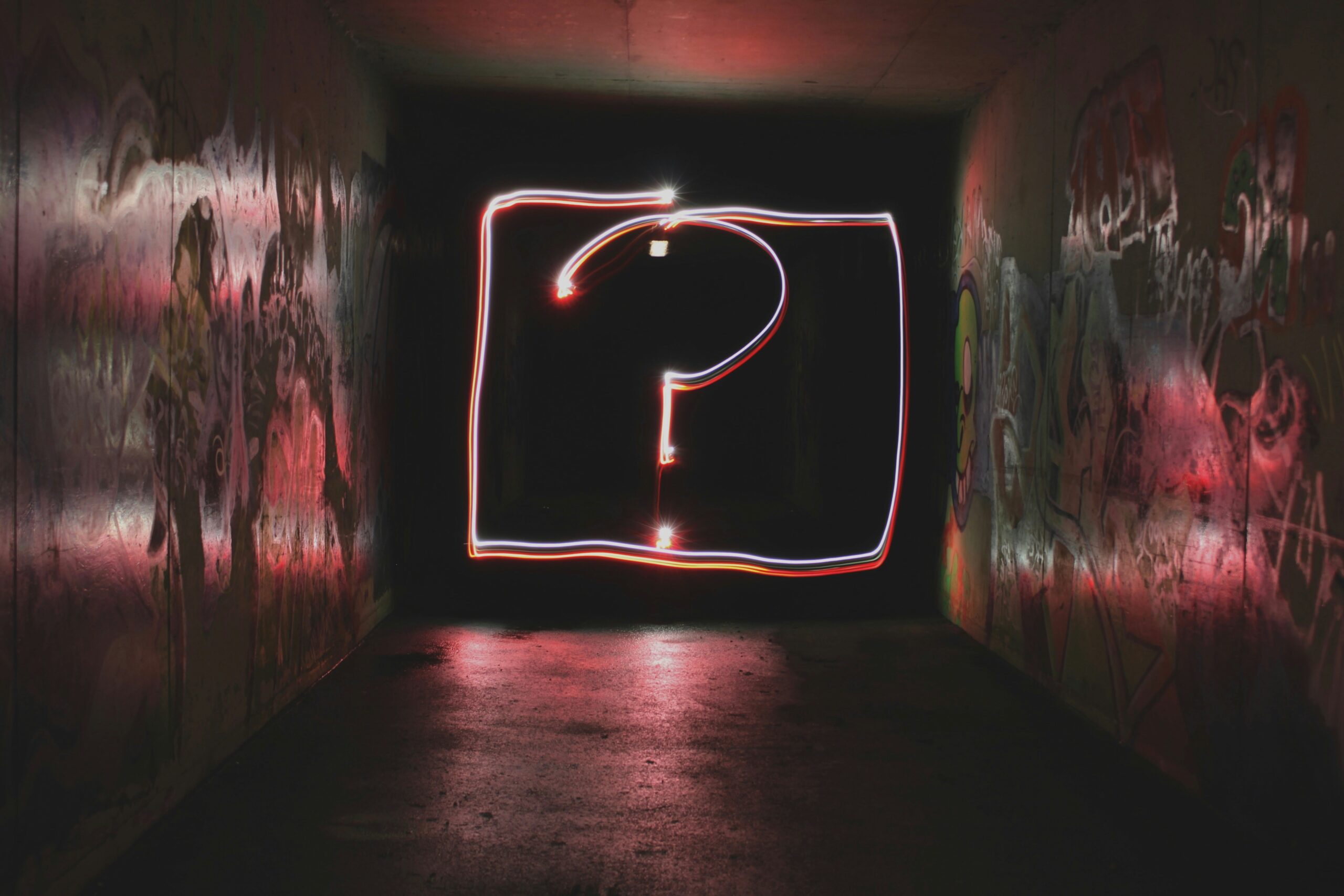
A decade ago, Donald Trump descended the golden escalator at Trump Tower in New York City, launching a political movement that has since reshaped American politics. His 2016 presidential campaign promise to “make our country great again” has become a rallying cry that continues to dominate U.S. political discourse, transforming the Republican Party and evolving into a lucrative brand adorning everything from hats to bumper stickers.
The phrase “Make America Great Again” (MAGA) has been interpreted in various ways, reflecting deep divisions in American society. In a 2017 interview with The Washington Post, Trump described MAGA as a commitment to jobs, industry, military strength, and care for veterans. However, Democratic leaders have often criticized the slogan as a veiled call to return to a past characterized by racial and social inequities. Former President Bill Clinton, in 2016, suggested that MAGA implied a return to an economy and social order reminiscent of the mid-20th century, particularly appealing to white Southerners.
Understanding MAGA: Public Perception
Despite its ubiquity, the meaning of MAGA to the American public remains complex and varied. To explore this, political scientists conducted a nationally representative survey in April 2025, asking 1,000 respondents to define what “Make America Great Again” meant to them. The open-ended nature of the survey allowed for a wide range of interpretations, analyzed using AI-based thematic analysis and qualitative methods.
The analysis revealed that public perceptions of MAGA mirror the polarized interpretations offered by Trump and Clinton. Republicans often see the slogan as a call for economic renewal, military strength, and a return to traditional values. In contrast, Democrats frequently interpret it as a symbol of white supremacy and authoritarianism.
Republican Interpretations of MAGA
For many Republicans, MAGA represents the “American dream,” focusing on national pride and economic strength. One respondent articulated this view by stating that MAGA means “encouraging manufacturers to hire Americans and strengthen the economy. Making the USA self-sufficient as it once was.”
The slogan is also associated with an “America First” policy, emphasizing a strong military and strict immigration enforcement. A Republican respondent highlighted this by saying MAGA meant “stopping illegals at the border, ending freebies for illegals, adding more police and building a strong military.”
Furthermore, Republicans often link MAGA to a return to “traditional” values, particularly regarding gender roles. One respondent expressed a desire to revert to a time when societal roles were more defined, stating, “MAGA means going back to where men would join the military, women were home raising healthy-minded children.”
Democratic Views on MAGA
Democrats, on the other hand, often view MAGA as a movement rooted in white supremacy, aiming to restore the status of white people and undermine the rights of marginalized groups. One Democratic respondent described MAGA as “a chant for all racist, fascist and otherwise bigoted actors to unite under.”
Many Democrats also see MAGA as a nostalgic longing for a mythologized past that was repressive for many Americans. A respondent noted that MAGA meant “returning America to a fantasy version of the past with the goal of advancing the success of white, straight, wealthy men by any means necessary.”
Additionally, Democrats frequently interpret the slogan as reflecting an authoritarian cult of personality. One respondent described MAGA as “a call to arms for MAGA cult members, who believe that Trump and the Republican party will somehow improve their lives by targeting people and policies they don’t like.”
The Broader Implications of MAGA
The conflicting interpretations of MAGA underscore the deep partisan divides in American society. As the Trump administration’s policies continue to evoke strong reactions from both supporters and opponents, the debate over America’s past, present, and future remains at the forefront of political discourse.
Experts suggest that the enduring influence of MAGA reflects broader societal trends, including economic anxiety, cultural shifts, and demographic changes. According to political analyst Dr. Jane Smith, “MAGA taps into a sense of nostalgia and fear of change that resonates with many Americans, particularly those who feel left behind by globalization and technological advancements.”
Meanwhile, the movement’s critics argue that MAGA represents a dangerous retreat from progress and an embrace of exclusionary politics. Civil rights advocate Mark Johnson warns that “MAGA’s appeal to a mythologized past risks undermining decades of progress in civil rights and social justice.”
Looking Ahead: The Future of MAGA
As the United States approaches another election cycle, the influence of MAGA on American politics shows no signs of waning. With Trump’s continued presence in the political arena and the Republican Party’s alignment with his vision, the slogan remains a potent symbol of the nation’s ongoing ideological battles.
Only time will tell which vision of America will ultimately prevail. As the nation grapples with its identity and future direction, the legacy of MAGA will likely continue to shape the political landscape for years to come.





